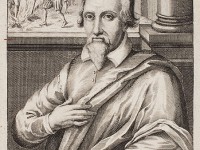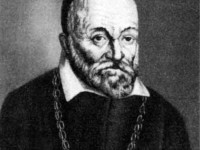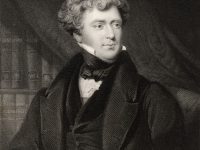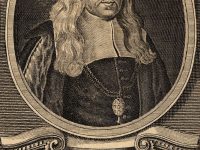Michael Servetus and the Pulmonary Circulation
Around September 29, 1509 (or 1511), Spanish theologian, physician, cartographer, and Renaissance humanist Michael Servetus was born. Servetus was a polymath versed in many sciences: mathematics, astronomy and meteorology, geography, human anatomy, medicine and pharmacology, as well as jurisprudence, translation, poetry and the scholarly study of the Bible in its original languages. He was probably the first European to correctly describe the function of pulmonary circulation. “Michael Servetus, alone, but trusting in Christ’s most sure protection.”…
Read more







